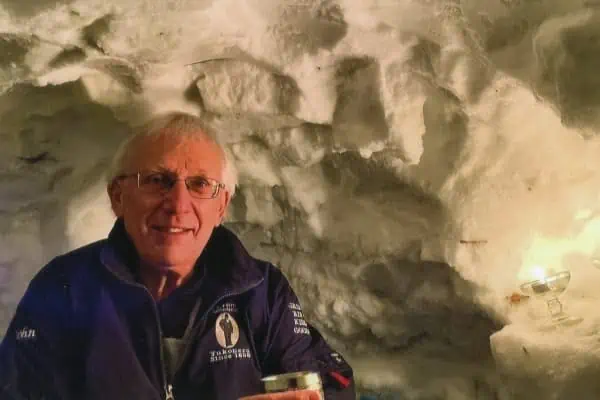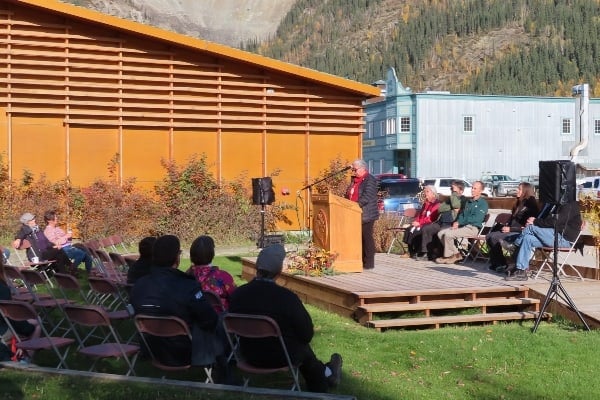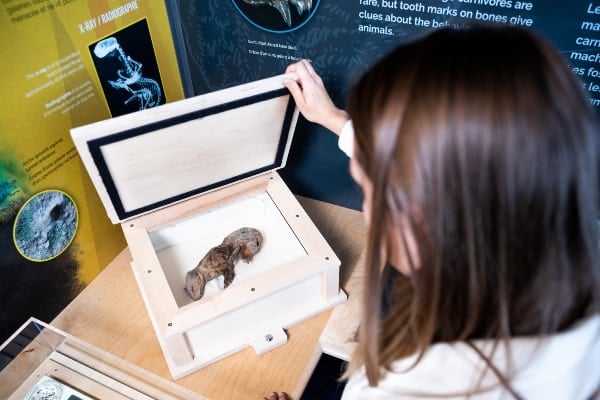Colleen Potter has an infectious smile that can put even the most-guarded person at ease. It’s a smile that doesn’t fade when she begins to talk about her ancestry.
Potter is Métis.
We often think such a fact should be pushed to the side, that ethnicity should not be discussed in polite company. Because of this attitude, Potter was in the dark about her heritage until she was well into adulthood.
“I was in my late twenties when I discovered I was Métis. It was a shock. No one talked about it.”
According to Potter, there is a sense of shame that often accompanies revelations such as this, but she had the opposite reaction.
“It was exciting to find that out. It brought me closer to who I am and I have a greater understanding of what my grandfathers went through.”
Her grandfathers were both first-generation Métis. And, by sad coincidence, they both passed away in quick succession. However, this tragedy compelled Potter to investigate her heritage more thoroughly.
“It really got me into genealogy. It gave me more of a sense of family and a sense of belonging. I had no idea how big my family was.”
During the course of her research, Potter unearthed some amazing artifacts. “I found some beautiful old photographs on the family farm.
“In one photo there were over 100 people gathered to celebrate a seventy-fifth wedding anniversary.” The realization that she was related to many people in the picture was overwhelming for Potter.
Now, inspired by her own rich experience, she is helping other local Métis people uncover their roots.
The epicentre of Yukon Métis culture was Fort Selkirk, a small settlement on the bank of the Yukon River where the Hudson Bay Company (HBC) ran a trading post until the 1950s.
During its operation, many of the white traders who worked for HBC had children with First Nation women.
“When the Hudson Bay Company left, it took a lot of fathers with it,” says Potter.
She doesn’t explicitly speak about how this affected the Métis community, but she hints at it: “Not all of the stories are good,” Potter says in an understated manner. “It takes courage for people to express their stories.”
When they do decide to express their stories, it is often Potter who is listening. She never loses her gratitude at the trust that Métis people have placed in her. “It’s an amazing sense of privilege when they share their histories, because they open up to you.”
Potter is excited that more people are looking into their past but, as a member of the Yukon Métis Nation Society, she realizes there is still a long road ahead. “The society is small,” she concedes, “but we’re trying to get it out into the open.”
These efforts will be guided in large part by Potter’s unwavering belief that diversity need not breed fear and shame and that Métis heritage should be celebrated rather than suppressed.
“It would be an awfully boring place if we were all the same,” she says. Sadly, it is a truth that often goes unspoken.




